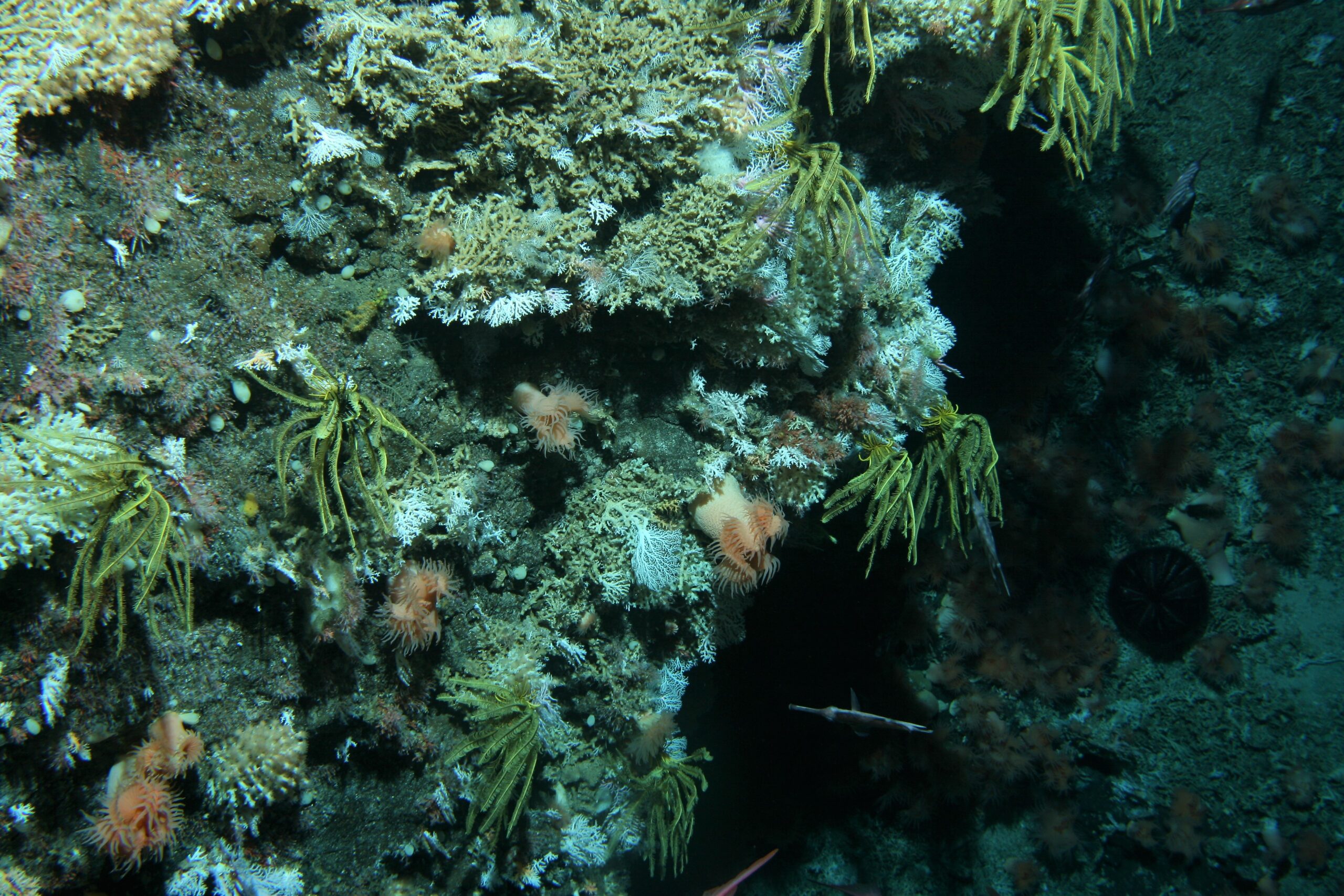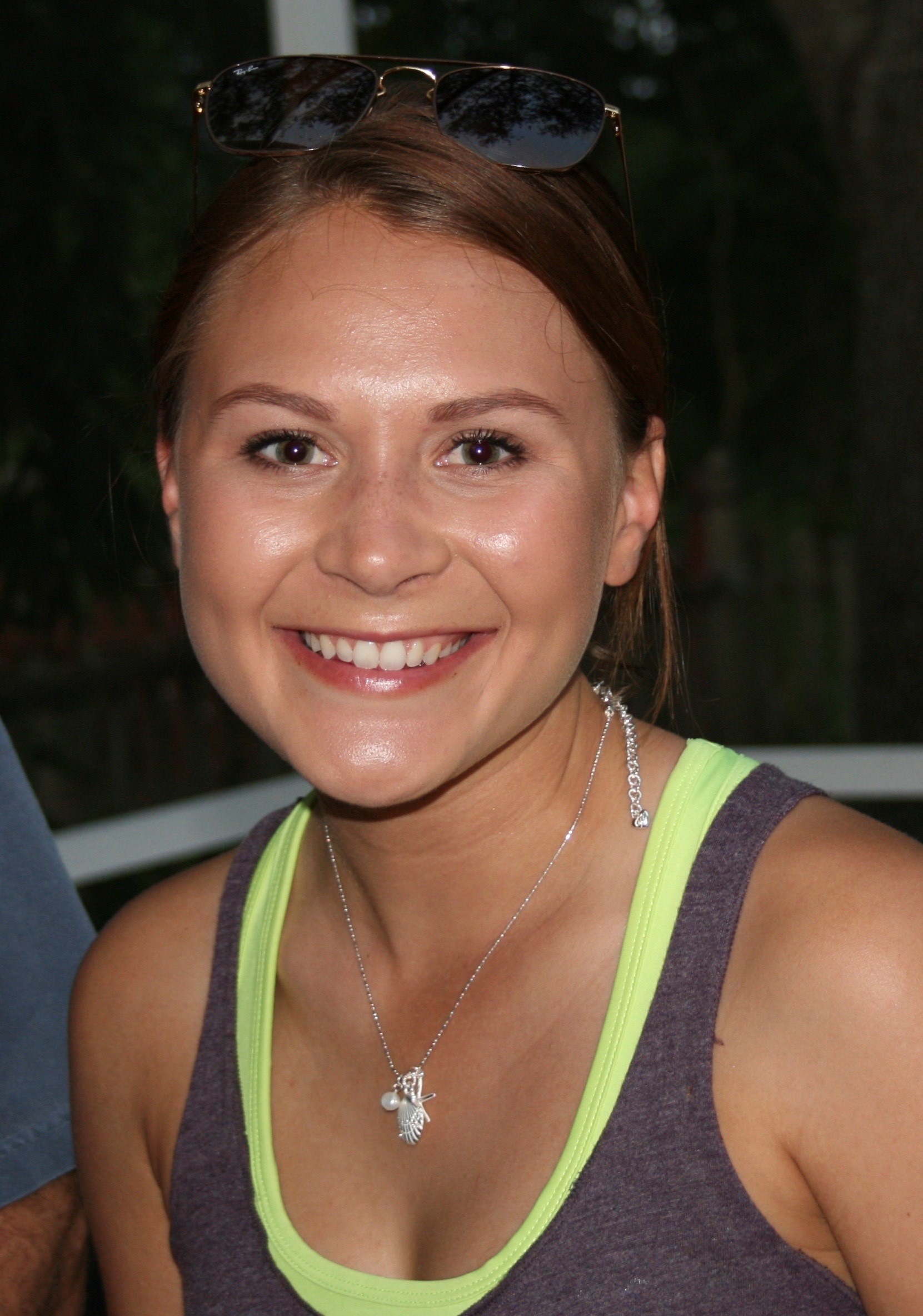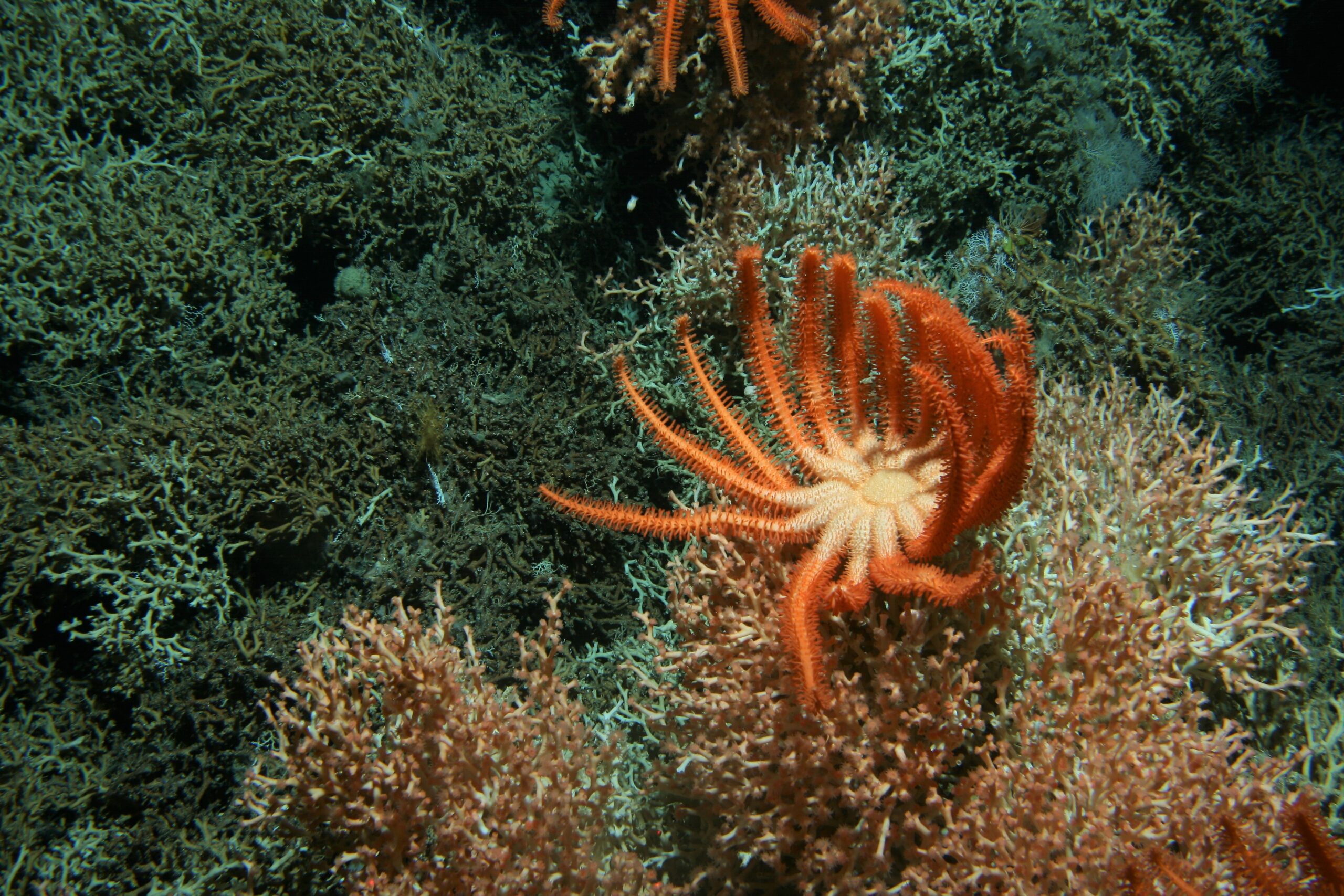Savannah Goode
National Institute of Water and Atmospheric Research (NIWA), New Zealand; Victoria University of Wellington, New Zealand
Researchgate; NIWA Profile; Twitter
What has been your personal journey into the deep-sea? (Did you always know this is what you wanted to do, or start out on a completely different path?) In other words, what unique journey led you to where you are now?
I was interested in marine biology from a young age, but it was not until I sailed on the R/V Ka’imikai-O-Kanaloa as part of a project led by Profs. Amy Baco and Brendan Roark that I realised I wanted to pursue deep-sea research. At the beginning of the voyage, I was on-track to start a nursing program; by the end I was looking for an advisor on a research project studying deep-sea coral communities! I graduated from FSU in 2018 then took a gap year while I applied to graduate programs, which allowed me to explore many research ideas.
What is your current research question and why are you interested in this topic?
The aim of my research is to investigate factors which influence the resilience of deep-sea benthic communities and understand how disturbance shapes community dynamics. I am particularly interested in how habitat patchiness influences long-term responses of deep-sea communities to bottom trawling, as this information is important for managing fishing impacts on these ecosystems. To address these questions, I study seamount benthic communities in areas that were previously or are currently sites of bottom trawling. These data will be used to develop patch-dynamic models to predict post-fishing community responses and determine whether they are capable of recovering after trawling has ceased.

What have been some challenges in your work or in studying the deep sea in general? Has your research turned out how you expected?
The biggest challenges for me have been reducing the scope of my research due to time constraints. Like many other scientists, I was very ambitious at the start of my research and wanted to address every possible avenue. Unfortunately, this is simply not feasible!
Why is this work important to you and society as a whole?
As human activities move farther offshore, the extent of ‘pristine’ ecosystems is becoming increasingly scarce. Thus, it is important that we not only understand the initial impacts of human disturbance on deep-sea ecosystems, but also what happens in the time that follows.
 What is your current position (student, researcher, government, non-profit etc) and what do you like about your current role in deep-sea science?
What is your current position (student, researcher, government, non-profit etc) and what do you like about your current role in deep-sea science?
Currently, I am a PhD student at Victoria University of Wellington and the National Institute of Water and Atmospheric Research in New Zealand. I think being a student is great because we get to spend a significant amount of our time exploring and developing our ideas. There’s something really rewarding about being so invested in your thesis research that I truly enjoy. As students, we also get to learn from so many others in the deep-sea science field; I think this is the best time to ask our peers and mentors as many questions as we can while we’re still early on in our research journeys.
What advice could you offer to aspiring deep-sea biologists?
I believe it’s really important for anyone seeking a career in deep-sea biology to explore as many potential areas of interest as possible. Don’t just seek out opportunities that are the most ‘relevant’ to the research you want to pursue. Instead, stay open-minded and you’ll probably be surprised at how broad the field of deep-sea biology actually is! By doing this, I think you can become a more well-rounded scientist and gain extra skills that you may not have if you had stuck to a narrow range of research topics.
What is the biggest challenge or project you look forward to addressing in the future?
I am really interested in investigating population connectivity of deep-seafloor invertebrates because this information is important for understanding community recovery dynamics. More broadly, I’m also interested in understanding how various deep-sea species have evolved and adapted to their environments, and how these adaptations shape entire communities.
What is your favorite thing about the deep sea?
I love that the field of deep-sea research is still very new compared to other research disciplines. There is still so much to be discovered, which makes the science all the more fun!

